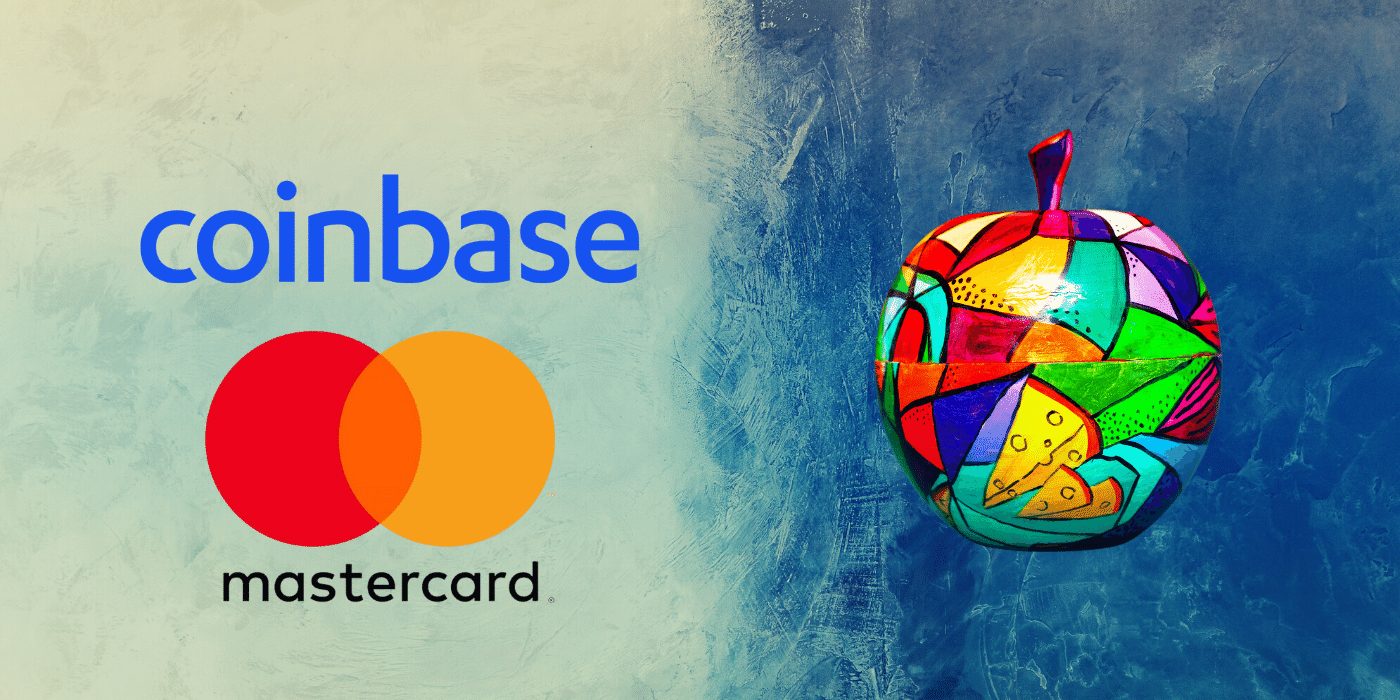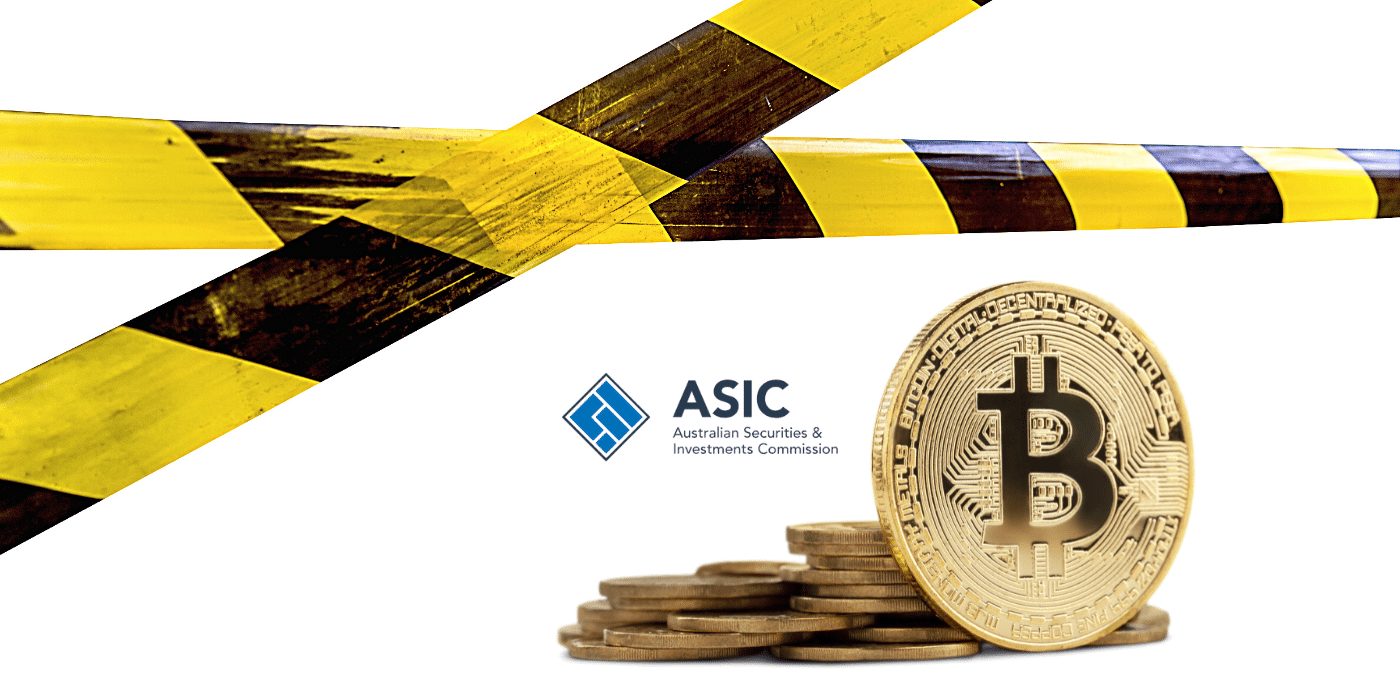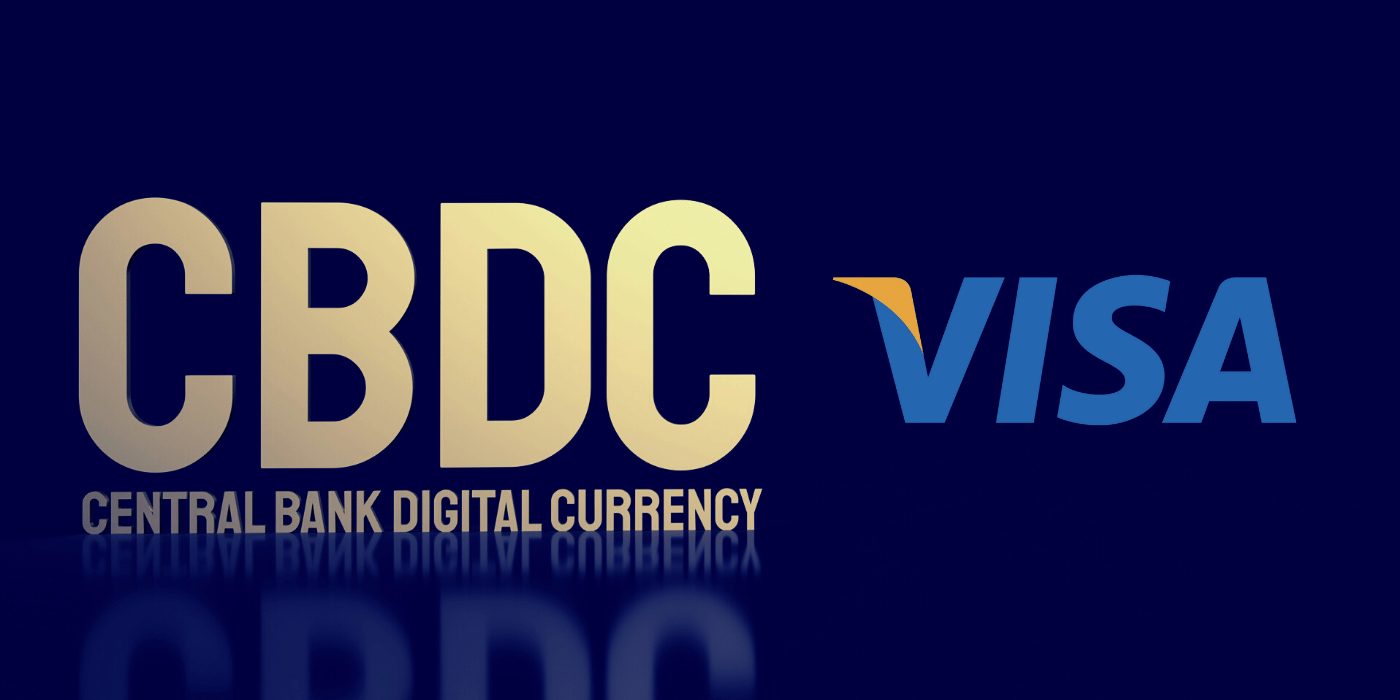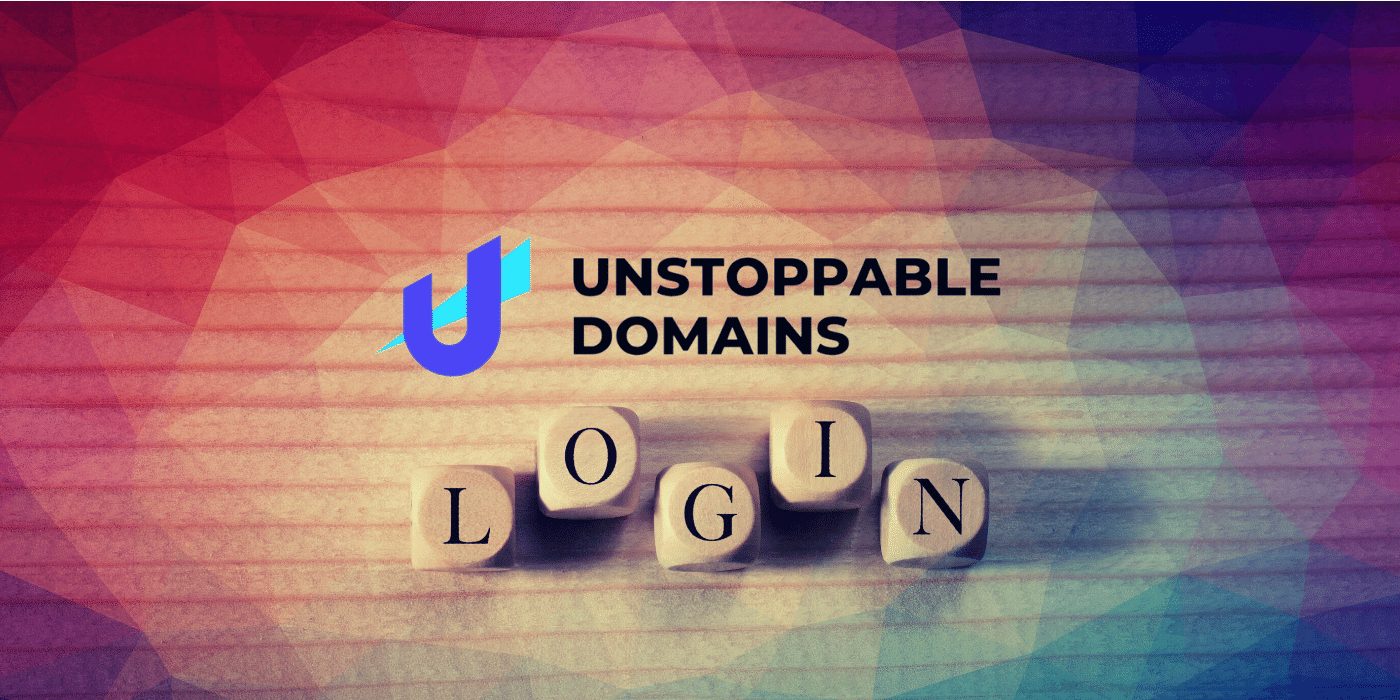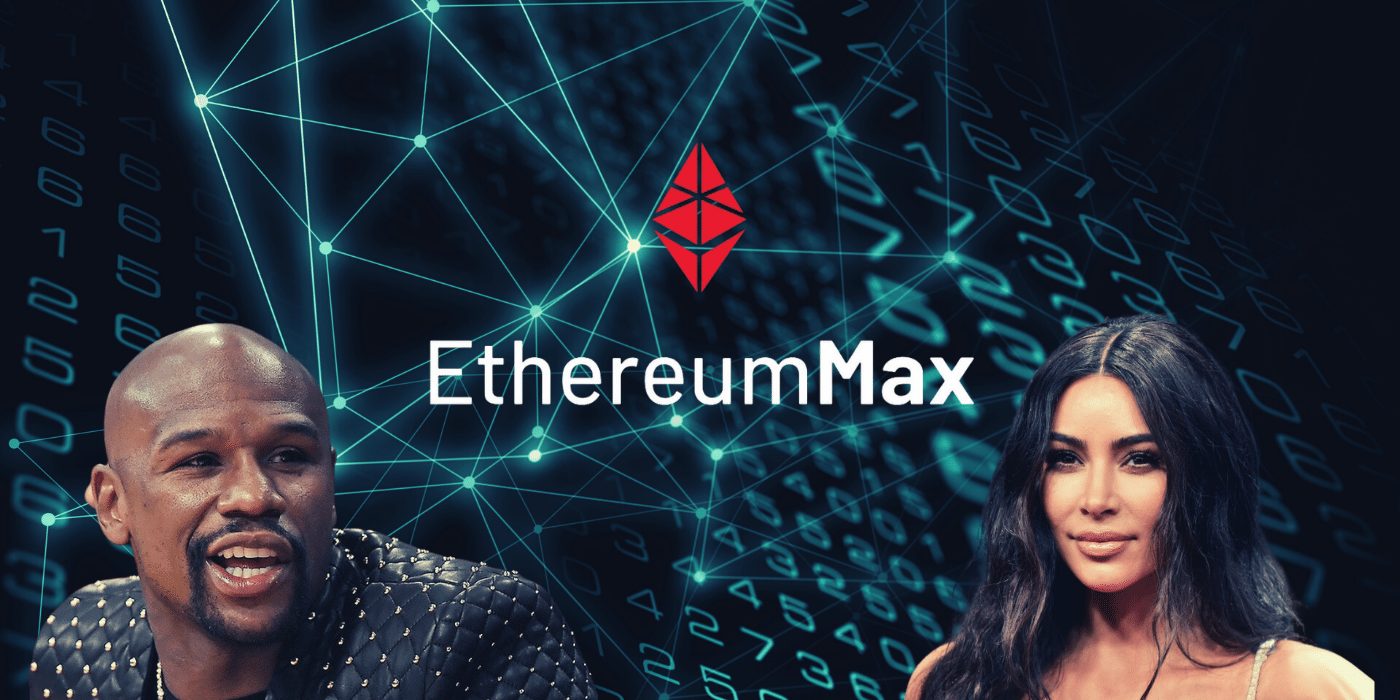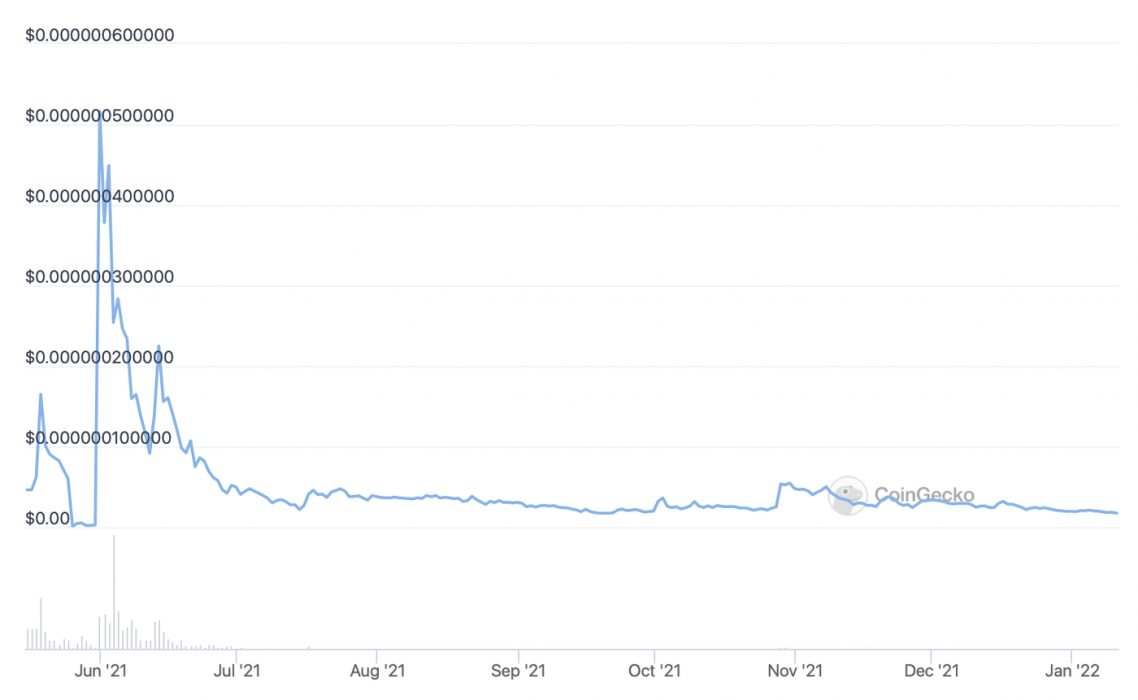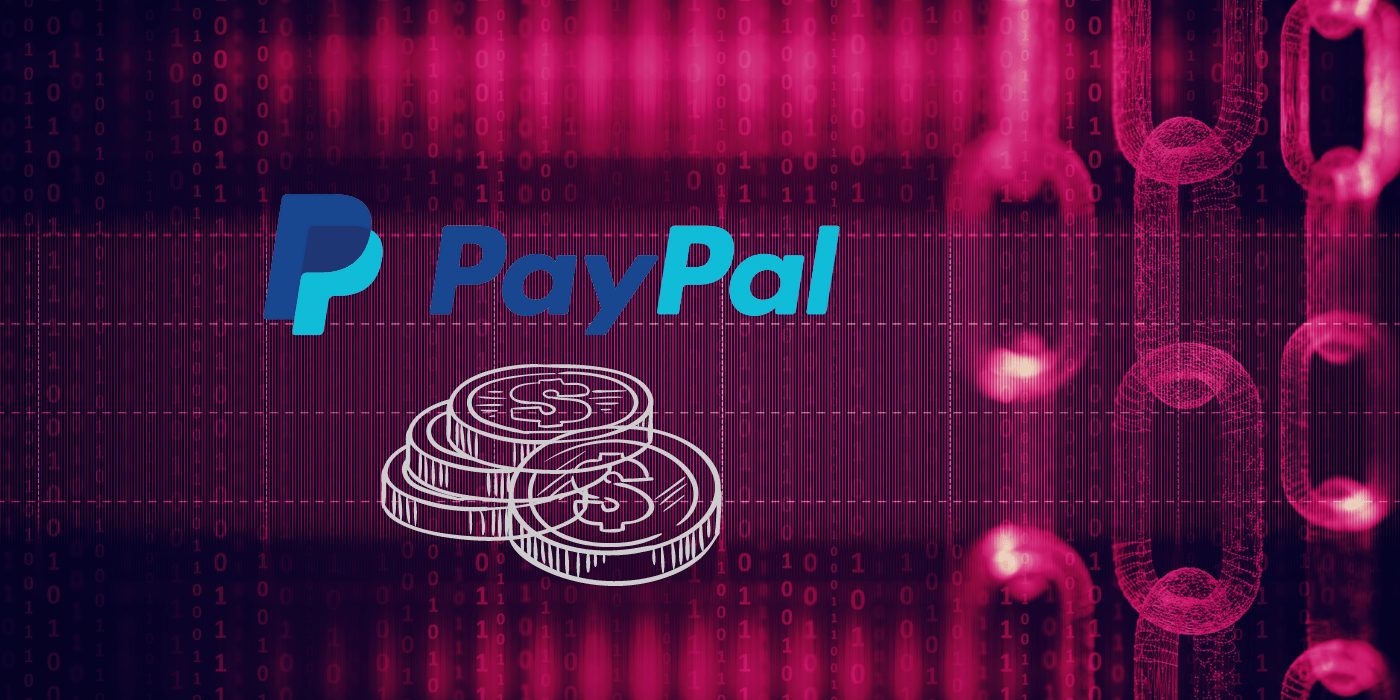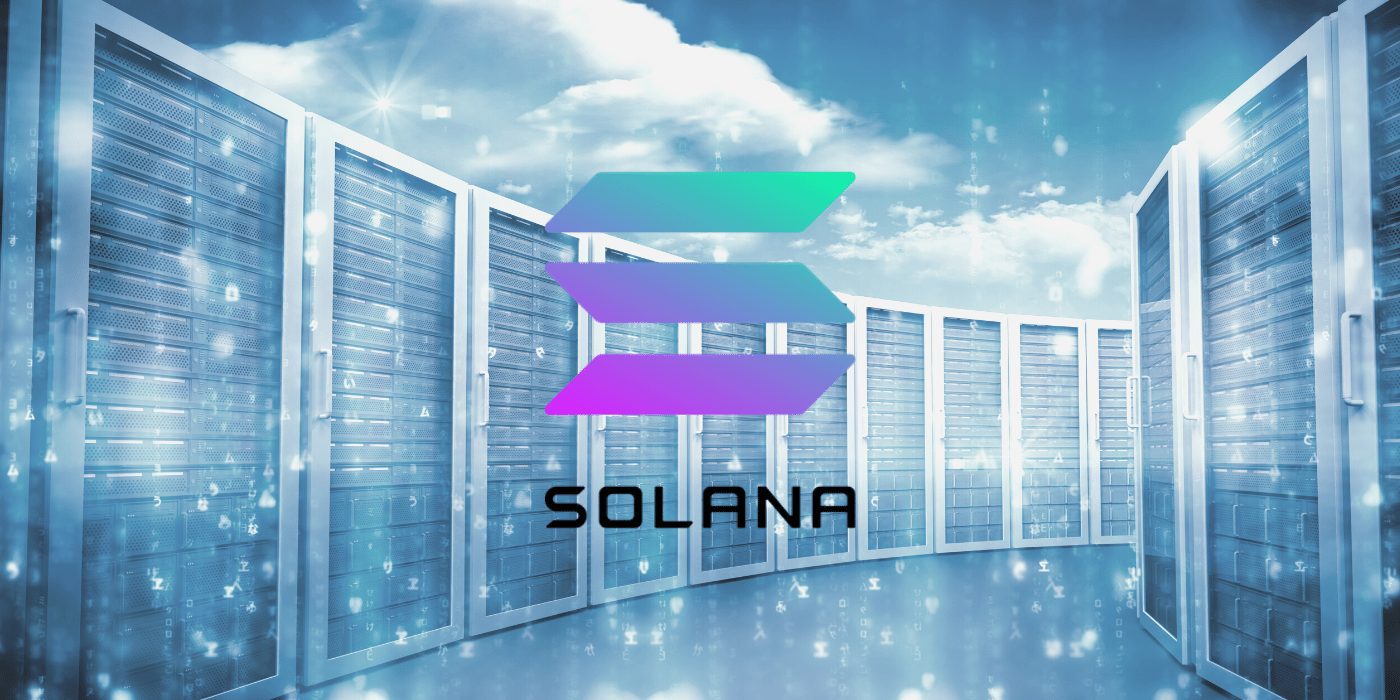Payments giant Mastercard has partnered with crypto exchange Coinbase to enable easier NFT (non-fungible token) purchases.
In a blog post, Mastercard said that buying NFTs should be as easy as buying goods on e-commerce sites, which is why it will soon allow customers to use their debit/credit cards on Coinbase’s upcoming NFT marketplace.
Buying NFTs on decentralised marketplaces such as OpenSea is a step-by-step process in which the user is required to set up a cryptocurrency wallet such as MetaMask, fund the wallet, and then connect it to the platform to start buying and trading NFTs. This is a normal process for most in the cryptosphere, but not as easy for newcomers to the space.
A Million on the Coinbase Waitlist
Coinbase’s NFT platform hasn’t gone live yet, but it has a waitlist with more than 1 million people signed up already. It will be one of the first marketplaces to allow card payments to buy NFTs. Other platforms such as Nifty Gateway and OpenSea have thought about adding this modality in the past, though the third-party requirements are still there.
Coinbase was basically an on-ramp for crypto for many, many users. Millions of people were able to access bitcoin for the first time by using Coinbase. So we want to do the same thing for NFTs with Mastercard by solving the pain points – to make it as easy as possible to buy an NFT and make sure it’s the best consumer experience.
Prakash Hariramani, senior director of product, Coinbase
On October 27 last year, Mastercard announced a partnership with crypto firm Bakkt to enable its 1000-plus banks and merchants in the US to buy and sell digital assets through Bakkt’s crypto custody services.
And to keep things safe, a month earlier Mastercard acquired blockchain forensic firm CipherTrace to enhance its operations in the crypto industry, enabling both companies to combine their technologies in the space.
Crypto Community Takes it with a Pinch of Humour
The news drew a mixed reaction from crypto Twitter, some claiming the NFT movement is nothing but a major Ponzi scheme, others saying teenagers and kids will use their mothers’ credit cards to buy NFTs just like they do with Fortnite skins.

